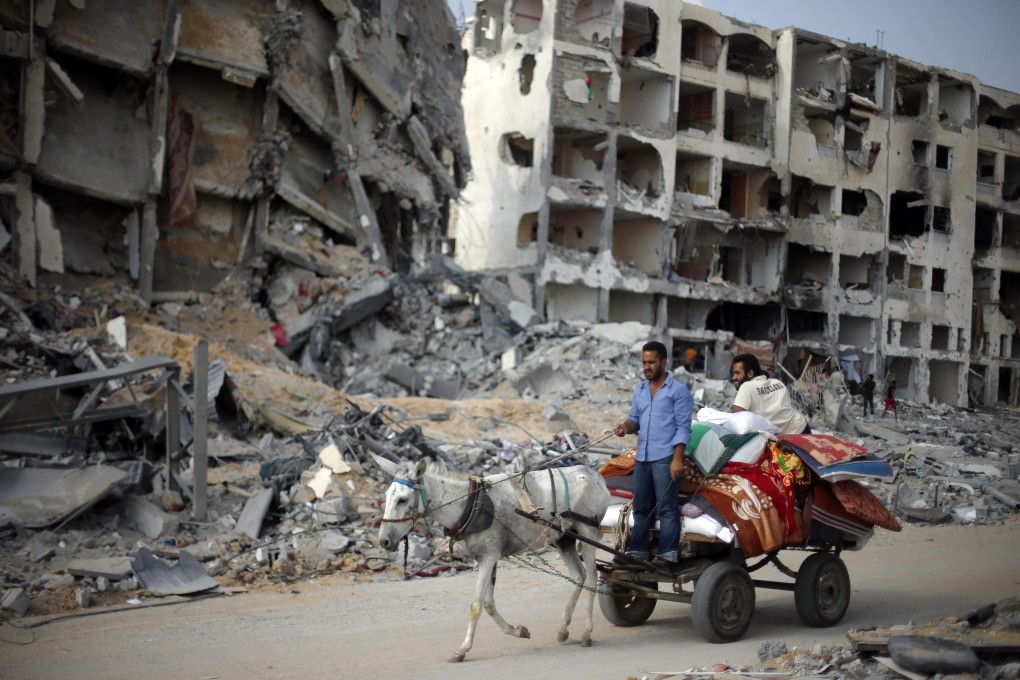The painful politics of Gaza's sealed borders
Robert Karniol laments the lack of an escape route for the Gazan people trapped in a combat zone, as politics trumps humanitarian concerns

Should Egypt and Israel open their sealed borders to civilians seeking temporary flight from the violence of conflict? This question came to mind as I saw the appalling destruction wrought on Gaza since fighting erupted in earnest a month ago. And while Israel has also suffered grievous losses, for Gazan non-combatants there is no escape.
Since it proved impractical to try contacting all the world leaders expressing deep concern over the plight of Palestinian innocents caught up in the conflict between Hamas militants and Israel, I put my question to no more than a select sampling.
United Nations Secretary General Ban Ki-moon has condemned the suffering on both sides and reiterated the need for a sustainable political solution. Yet an official in his spokesman's office refused outright to consider this question.
US Secretary of State John Kerry spoke of lifting the Gaza blockade in the context of a broader political deal. As for any interim respite from the suffering, a State Department press officer took my question for consideration and never called back.
Then there is the UN high commissioner for human rights, Navi Pillay. She has been strident in her criticism of Hamas and Israel alike. Her press office has so far ignored my emailed query.
A press officer with Egypt's foreign ministry never returned my call, but foreign ministry officials with Israel and the Palestinian Authority were prepared to offer some thoughts. Both emphasised that the solution ultimately lies in fully resolving the underlying Palestinian issue.
The Israeli diplomat, Joel Lion, highlighted the field hospital set up by the Israeli army to treat injured Palestinian civilians. But a mass cross-border movement of war refugees, he said, was untenable due to security concerns.